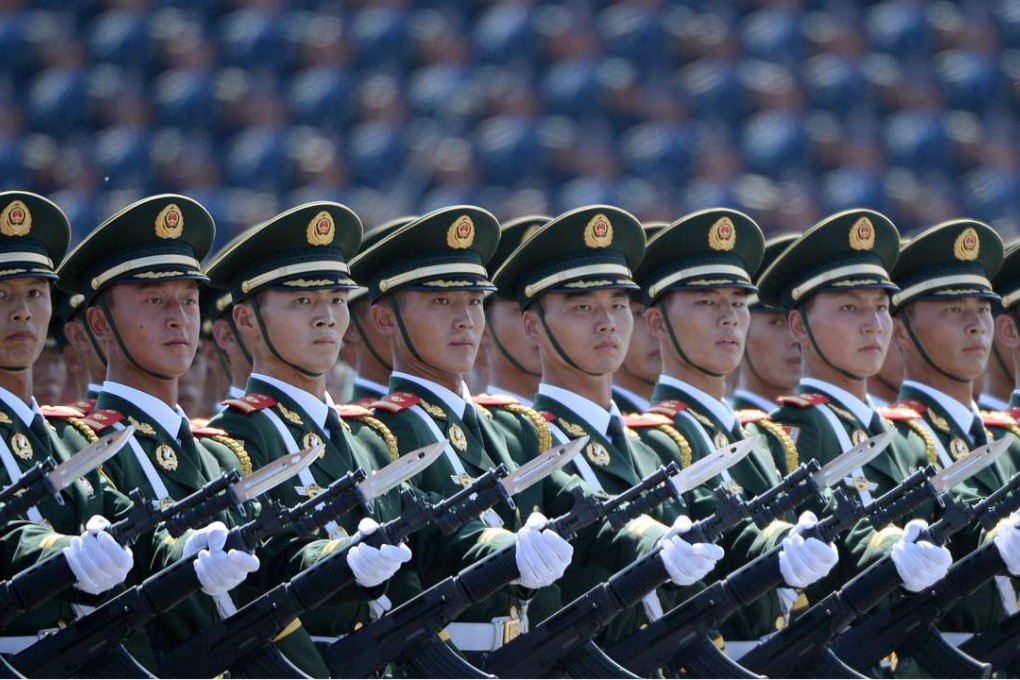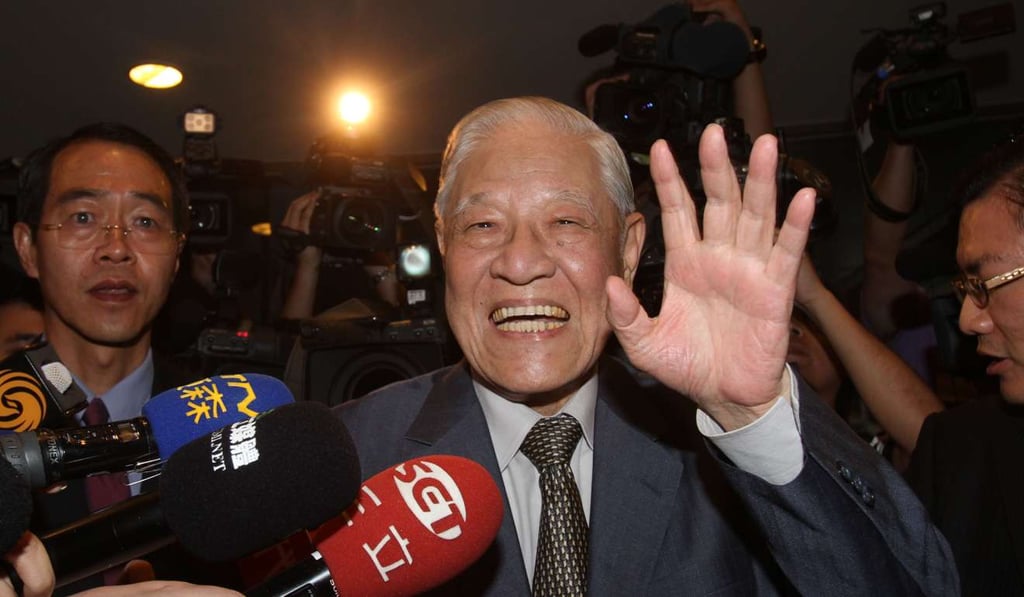Sino File | Why both sides would lose in a war between Beijing and Taipei
While the rhetoric is rising on both sides of the Taiwan Strait, any hostile actions would result in many casualties, wreak havoc on economies and run counter to mainland China’s objectives

Twenty-one years ago, Beijing flexed its military muscles and caused a panic in the region by holding large-scale military exercises and firing missiles off Taiwanese waters as the self-ruled island was preparing to hold its first direct presidential election.
But Beijing’s efforts to coerce the Taiwanese suffered setbacks on two fronts. First, its efforts to persuade Taiwanese not to vote for independence-leaning candidate Lee Teng-hui backfired; the first native Taiwanese Nationalist leader won a better-than-expected majority. Second, Beijing also lost the diplomatic battle when US President Bill Clinton intervened and dispatched two aircraft carrier battle groups to the strait in a show of strength.

The humiliation, as well as the displays of overwhelming US military strength in conflicts such as the two Gulf wars of the 1990s, convinced Beijing’s strategists of the need to modernise its military. What followed was a nearly unbroken, intense two-decade run of double-digit annual increases in military spending, supported by mainland China’s economic growth.
In contrast, Taiwan’s defence expenditures have declined significantly since then, widening the gap between the two adversaries to unimaginable levels.
Why a few American marines in Taiwan pose so many problems for China-US ties
From 1988 to 1996, Taipei spent more on its military than Beijing. Taiwan devoted more than 5 per cent of its gross domestic product (GDP) to its defence budget in the 1980s, but since 1999 this has fallen to less than 3 per cent, according to estimates by the Stockholm International Peace Research Institute.
